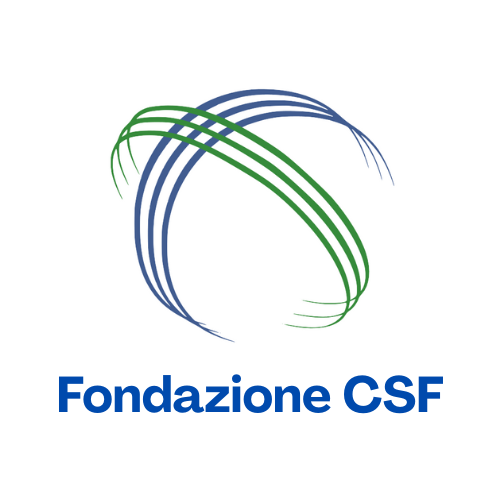Olimpia Fontana and Lino Sau / October 2023
The expansionary austerity thesis (EAT) emerged and established itself in the 1990s, based on theoretical and empirical research, and was rapidly incorporated into macroeconomic theory. In a nutshell, fiscal consolidations, aimed at stabilising or lowering the public debt-to-GDP ratio, can stimulate growth, even during a recession. Simply put, expansionary austerity materialises. This is a counter-intuitive effect, that can significantly be defined as "non-Keynesian".
In this article, we attempt to summarise the debates around the EAT and argue for its critical evaluation through a discussion of its assumptions and functioning, with specific reference to the European Union. While much of the criticism has addressed various shortcomings of econometric techniques, less attention has been paid to the logical robustness of the theoretical underpinnings of the EAT. We provide an in-depth examination of austerity in terms of its evolution in economic thought and consider Europe as a reference point, highlighting the link between the Washington Consensus and the Berlin-Brussels Consensus. We conclude that the EAT ultimately proved to be an oxymoron, but the risks of fiscal austerity could recur in the EU, undermining the need for expansionary fiscal policy in times of crisis.
Keywords: Expansionary austerity, Keynesian counter-revolution, European austerity, Keynesian multiplier
Olimpia Fontana is Mario Albertini Fellow at the Centro Studi sul Federalismo and Research Fellow at Università Cattolica del Sacro Cuore
E-mail:
Lino Sau is Associate Professor at the University of Torino, Department of Economics and Statistics “Cognetti de Martiis”
E-mail:

 En
En  It
It 



